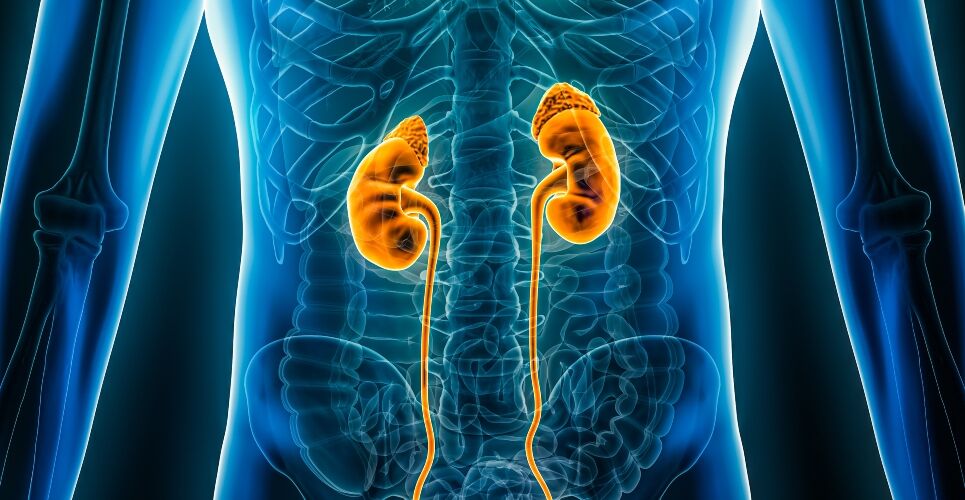Empagliflozin has become the first SGLT2 inhibitor to be approved by the European Medicines Agency (EMA) for the treatment of adult patients with chronic kidney disease (CKD), Boehringer Ingelheim and Eli Lilly and Company have announced.
This EMA approval represents a major advance in the standard of care for the estimated 47 million patients living with the disease in Europe. CKD, characterised by a reduction in the glomerular filtration rate, is often progressive, and the presence of albuminuria is a key risk factor for the subsequent development of kidney failure. Hence, any treatment that slows disease progression offers a clinical benefit to patients.
In June 2023, the Committee for Medicinal Products for Human Use adopted a positive opinion to recommend a change to the terms of the marketing authorisation for the medicinal product Jardiance (empagliflozin). This was based on the findings of the EMPA-KIDNEY trial, which were published in the New England Journal of Medicine earlier in the year.
With existing indications in type 2 diabetes and heart failure, empagliflozin could help manage the risks of cardio-renal-metabolic conditions.
Leonard Glass, senior vice president, diabetes and obesity global medical affairs at Lilly, said: ’CKD is closely linked to other cardio-renal-metabolic conditions such as type 2 diabetes and heart failure – thus an integrated approach is vital for optimised treatment of these interconnected conditions. We look forward to continuing conversations with other regulatory bodies worldwide so that empagliflozin can be made available for as many people living with these conditions as quickly as possible.’
Commenting on the approval, Daniel Gallego, president of European Kidney Patients’ Federation, added: ’We celebrate this significant milestone in the field of chronic kidney disease. CKD is a silent killer and prevention and early detection are crucial in the general population.
’This new treatment option has the potential to further improve the management of cardiorenal metabolic syndrome and renal disease, offering renewed hope and improved quality of life for countless individuals living with CKD worldwide.’
Empagliflozin and the EMPA-KIDNEY trial
The EMPA-KIDNEY trial enrolled patients with chronic kidney disease who had an estimated glomerular filtration rate (eGFR) of at least 20 but less than 45 ml per minute per 1.73 m2 of body-surface area. Alternatively, enrolled participants could have an eGFR of at least 45 but less than 90 with a urinary albumin-to-creatinine ratio of at least 200.
EMPA-KIDNEY showed that during a median of 2.0 years of follow-up, the use of empagliflozin was associated with a 28% lower risk of progression of kidney disease or death from cardiovascular causes, compared to the placebo (Hazard ratio, HR = 0.72, 95% CI 0.64 – 0.82, p < 0.001).
These findings were consistent among patients with or without diabetes and across subgroups defined according to eGFR ranges. In addition, the rate of hospitalisation from any cause was lower in the empagliflozin group (HR = 0.86, 95% CI 0.78 – 0.95, p = 0.003).

